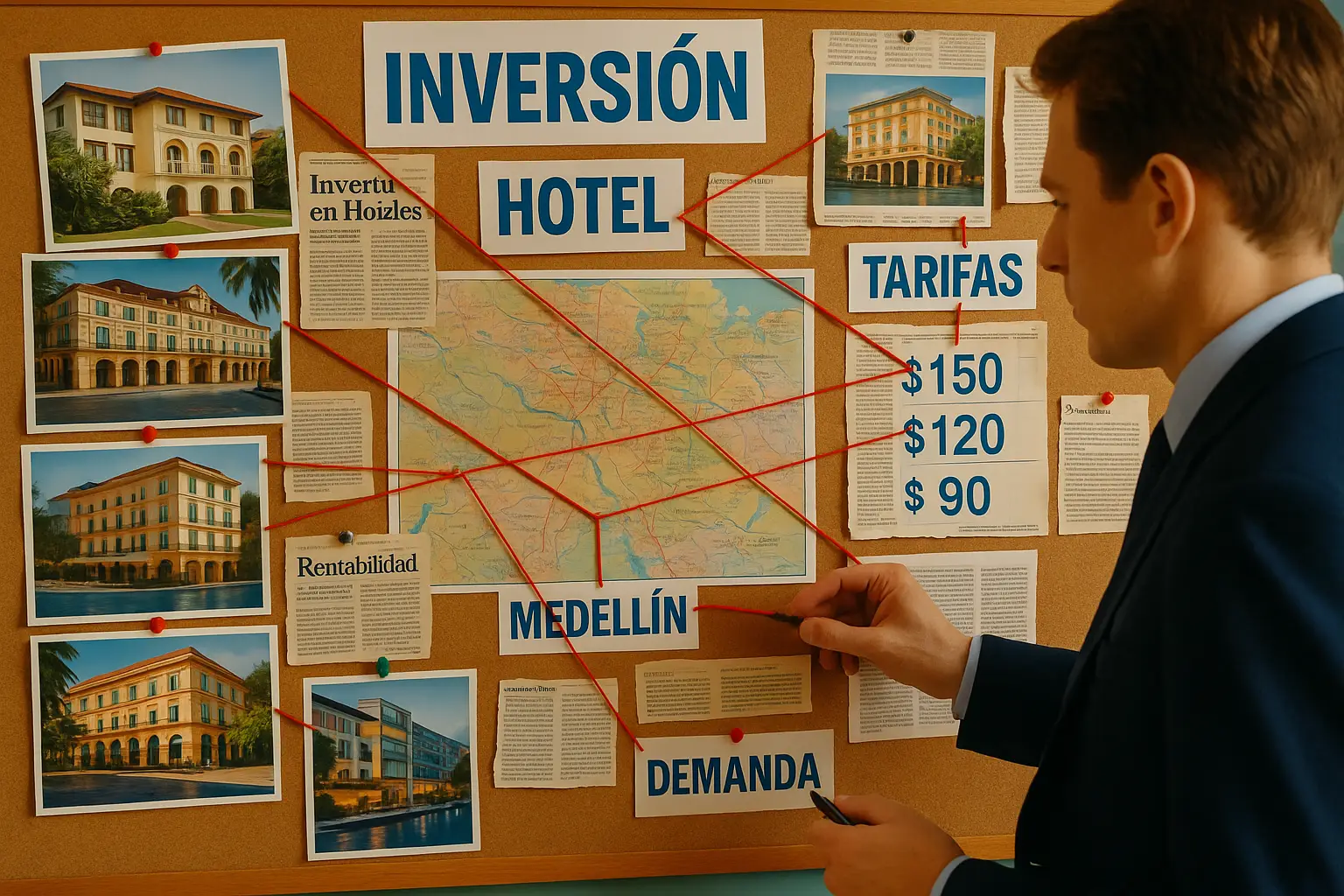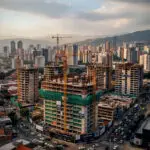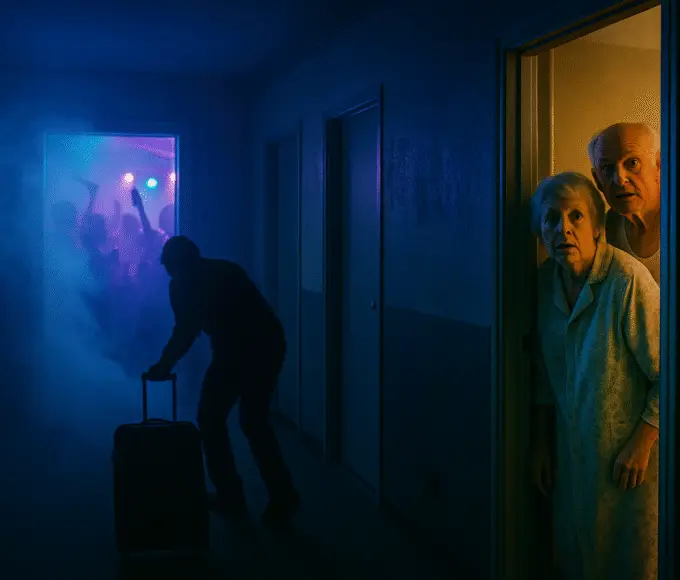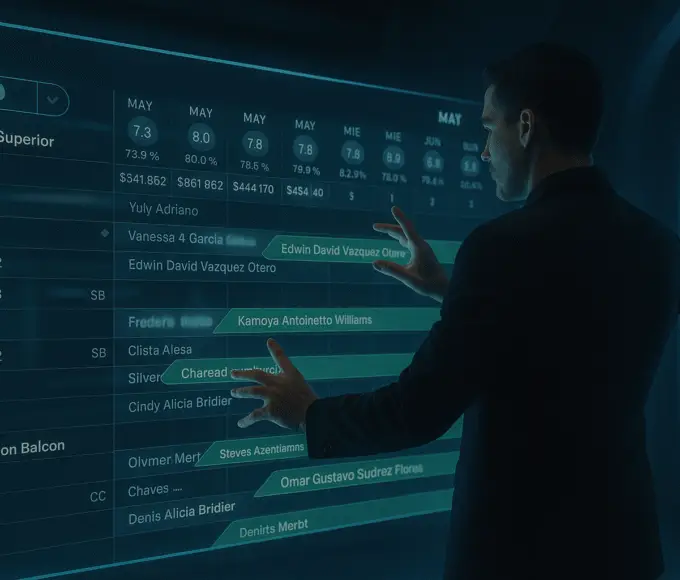
The art of investing in hotels without losing sleep: 10 recommendations from a trader
You invest better when you understand what you are getting into. And the hotel business, despite appearances, is not just about location, design and branding. It's a business where margins depend on details that don't fit in a rendering. Knowing what to look at, what to ask and what to avoid can be the difference between a profitable asset and one that simply competes. I write this article with the sole intention of sharing, from experience, the things that I believe are what really matter when deciding whether or not to invest in a hotel project. So here they are, with no frills or mysteries.
1. Verify that the project makes economic sense.
Before looking at photos or renderings, analyze the Excel. Before any promise of return, you have to look at whether the numbers really make sense: Is the estimated rate in line with the type of hotel and its location? Is the projected occupancy conservative or based on unjustified optimism? Are the operating costs well calculated? Is the projected profit within the usual margins of the sector? And further: is the construction cost justified in relation to the potential rate? These questions are not a punishment, they are a compass. If this is your first investment, don't walk alone. Look for someone who knows how to guide you or make sure the company you are investing with has a proven track record in similar projects.
2. Think like a tourist, not an investor.
Now it's time to close the Excel. Open Booking.com, type the name of the hotel, and see how well the project you want to invest in is defended. Do the photos compete with the best-ranked hotels in the area? Is the location really convenient for the type of traveler you want to attract? Does the price make sense in relation to the proposal? If neither you, with all the illusion of being an investor, nor someone in your family with tastes similar to the concept of the hotel would sleep there, then why would others? The market does not reward good intentions or beautiful renderings. It rewards the one that delivers at the best price what the tourist desires based on his tastes and prejudices.
3. Evaluate how differentiated the hotel's proposal is.
In high season, any bed can be rented. Even soulless hotels report good occupancy. But that's the easy part. The real test comes when the tide goes out and tourists stop coming just because. That's where a hotel project, even in blueprints, has to prove that its proposal makes sense in the face of real competition. Because when there is no guaranteed occupancy, those who do not have a clear identity end up competing on price. And that, in the hotel industry, is a strategy that pays dearly.
So even if the hotel doesn't yet exist, you have to ask yourself: does the idea have character? Does it have something to make it memorable? Is the concept so well thought out that it could justify a higher rate in the off-season? A clear proposal makes you fall in love before it opens. And if you can't see that in the concept, in the design, in the storytelling and in the benchmark with the real competition, then you are investing without a strategy.
4. Find out who is going to operate on you and what experience they have.
A hotel without an operator is like an airplane without a pilot. This business is not about putting a pretty name on the facade, it's about making sure guests arrive when you open the doors. It doesn't matter if it's a well-known chain or a boutique brand, that's why when looking at operators what counts is the track record. How many hotels have they operated? What average occupancy have they had? What profitability have they delivered? How similar are those hotels to the project you want to invest in? Who is the team that will be on site? With what experience and with what tools will they operate the hotel?
You have to ask questions, ask for data and check figures. A serious operator is not offended by that. And if he is offended, worry more. Because choosing the wrong trader is compromising the asset before opening. The choice of a good operator, more than looking for the capacity to generate profitability, is his ability and management in damage control, since it is the project itself, his proposal, investment amount and other items on this list that will put a ceiling on his commercial possibilities. Just like the pilot, if the operator does not know how to fly, the hotel crashes. With you in it.
5. Understand how you will receive your income
Is the payment fixed, is it variable, how often, on what basis, what happens if the hotel does not meet its projections, is there a guaranteed minimum, or does 100% depend on sales? These are key questions worth asking at the outset. Some schemes may sound very attractive, but a good structure is not measured by how it sounds, but by how it responds if the landscape changes.
Unlike a traditional real estate investment, where you buy a property and expect it to appreciate in value, with a hotel you are investing in a business. And like any business, it will have high and low seasons, moments of expansion and others of adjustments. That is why it is important to review the contract and understand exactly what conditions apply, how the profit is calculated, and what happens if the operation does not meet the projections. What if the opening is delayed? What if the average rate is not reached in the first year? Being clear on these rules does not eliminate risk, but it does allow you to make more informed decisions.
6. Analyze the business entry model: trust, fund, individual enrollment?
Entering a private equity fund with a structured exit over time is not the same as participating in a fractional trust model with 84 co-owners, or having an individual registration backed by an operating agreement. While all may be valid vehicles, each involves different rules, different rights and different legal, tax and operational consequences.
Before deciding, it is key to understand how the asset is managed, what decisions you will be able to make, what your level of participation in the results will be and how easy it will be to exit if you ever need to. Therefore, it is important to review how the business works, what rights the investor has and how typical scenarios will be resolved. When the model is well thought out, everything flows better: decisions are made with more confidence, the role of each party is understood and peace of mind is gained. This not only protects the investment, but also enhances its outcome.
7. Compare with other similar projects
Sometimes the best thermometer is to look at what others are doing. It is important to observe which other hotel projects are in pre-sales, which are already in operation, and how they are positioning themselves in the market. We must review prices per square meter, concept, brand, differential attributes and understand if the project we have in mind is really offering something that does not yet exist or that improves what already exists.
It is not about competing for novelty or price, but for clarity of proposal. And part of that clarity implies understanding precisely who the target audience of the project is. It is not the same to think of executive travelers as it is to think of backpackers or digital nomads. Each profile has different expectations, different spending levels and clear priorities. That is why it is key to check if this type of traveler is actually coming to the city, in what volume, and if he/she would pay for the proposal you want to offer. When the target public and the offer are well aligned, the probability of success is multiplied.
8. Ensure that there is a demand for that type of hotel and for the destination.
Not every idea, no matter how brilliant it sounds, has a real market behind it. For a hotel to work, there must be tourists, business travelers, frequent visitors or at least a floating community interested in the concept being developed. If the project is designed for digital nomads, for example, it is necessary to verify that the destination has connectivity, workspaces, and an urban offer that attracts them. If it is a hotel for events, evaluate the city's trade fair and congress infrastructure.
Demand is not created: it is studied. And the best projects are born from this understanding of prior research. Because when the idea is aligned with what is already happening in the territory, everything else - design, operation, tariffs - becomes easier to plan and more sustainable over time.
9. Review the legal and tax structure of the investment.
Before investing, it is important to understand what type of legal structure is being acquired, who manages the resources, how the income is distributed and what the tax implications are for the investor. A well-structured legal project gives peace of mind from the first day, allows to make the declarations correctly and avoids surprises in the future.
In addition, a clear tax structure can be an added value. It facilitates traceability, improves the perception of the asset and, in many cases, helps to maintain good relations with banks or prospective buyers. The idea is not to take on an unnecessary operational burden. It is to enter with eyes open, in a model that minimizes administrative complications and allows the investor to focus on the essentials: monitoring, evaluating and enjoying the results. When the structure is well designed, everything flows with less friction and more clarity.
10. Be clear about the role of the investor and how the exit of the business works.
Entering a project is only half the journey. It is also useful to understand whether the model has a defined exit strategy or is intended to remain in place over time. Some schemes, such as funds, provide for scheduled exits or planned buybacks. Others -such as individual or fractional investments- do not contemplate a structured exit, so it will be up to the investor to define, when the time comes, how he or she wishes to manage his or her participation.
This need not be a problem. Many investors are not looking to exit, but to leverage. It is common to use asset appreciation or future cash flows as leverage to access new credit, expand equity and continue investing. Knowing this from the beginning helps to align expectations with the type of investment you are making and with your personal financial strategy.
Thank you for coming this far
These are just a few recommendations for those who are considering investing in a hotel project. It is not about having all the answers, but about asking the right questions from the beginning. We hope these ideas will help you to broaden your outlook, reduce uncertainty and make more informed decisions. We are sure that investing in hospitality can be a great opportunity when you understand the business, choose the right project and go in with clarity. Hopefully this guide will be a first step on that path.
Alejandro Gonzalez
Co-founder of Blackroom
Alejandro Gonzalez Uribe
Co-founder of BLACKROOM and MACCA. I'm obsessed with turning good ideas into profitable hotels—built from the user's desire and the investor's logic
Recent Posts
Related Articles
Is an Airbnb in Medellín better business than a hotel?... Just like smuggling is "better business" than complying with the law.
Surely you saw the news in "El Colombiano" that Medellín has just entered...
End of illegal Airbnb? How the new national regulation for tourist housing in Colombia will work
Four words sum it up: coexistence, responsibility, equity and control. Colombia cannot...
How to improve hotel occupancy: 10 effective strategies to increase bookings
If you are reading this article it is because you are probably not having the...
Which hotel operator to choose in Colombia if you are an investor?
Many investors see an attractive opportunity in the Colombian hotel industry: tourism in...











Leave a comment